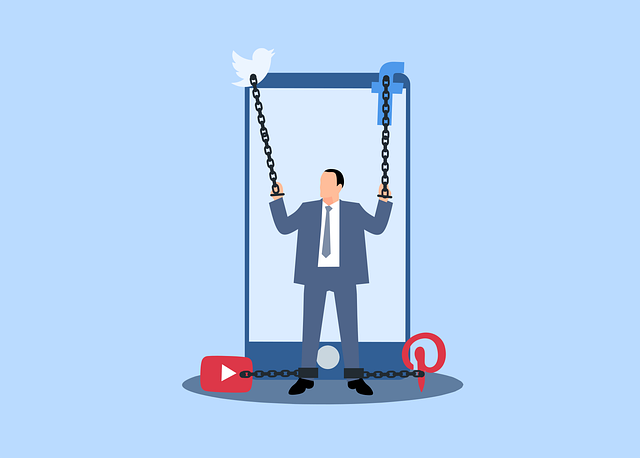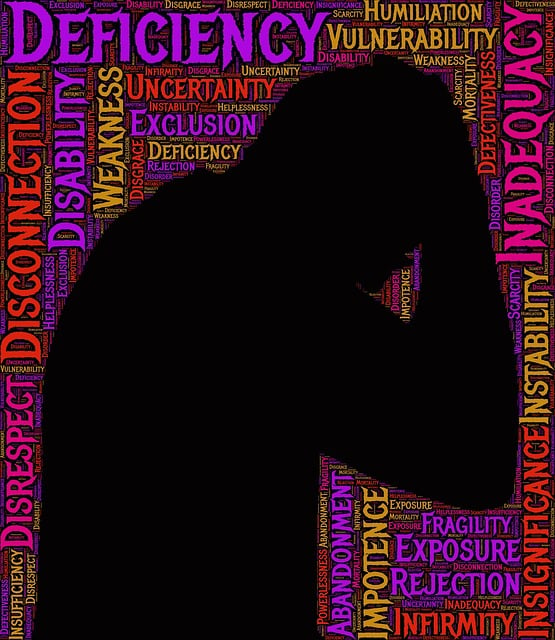Lilton Family Counseling Therapy (LFCT) leads community outreach in mental health education and stigma reduction through workshops, podcasts, and discussions. By collaborating with local organizations and listening to residents, LFCT tailors its services to address specific family challenges. This approach optimizes resource allocation, strengthens ties, and enhances accessibility to mental health support. Using data-driven evaluation methods, LFCT measures the impact of its programs, ensuring long-term success and fostering resilient, supportive communities.
In the heart of Littleton, Family Counseling Therapy has emerged as a beacon of hope, addressing community needs through innovative outreach programs. This article delves into the transformative journey of understanding local requirements and collaborating with various stakeholders. We explore strategic designs for effective outreach, ensuring engagement and impact measurement to foster sustainable change. Discover how Littleton Family Counseling Therapy is revolutionizing mental health support, offering hope and healing to all.
- Understanding Community Needs and Collaboration for Littleton Family Counseling Therapy
- Designing Effective Outreach Programs: Strategies and Best Practices
- Measuring Impact and Sustaining Community Engagement for Lasting Change
Understanding Community Needs and Collaboration for Littleton Family Counseling Therapy

Understanding community needs is a foundational step for Littleton Family Counseling Therapy (LFCT) in implementing effective outreach programs. By collaborating with local organizations and listening to the voices of residents, LFCT can tailor its services to address specific challenges faced by families in the area. This collaborative approach ensures that resources are allocated wisely, fostering a sense of community and enhancing accessibility to mental health support.
For instance, identifying burnout prevention strategies for healthcare providers as a pressing issue could lead LFCT to organize workshops or webinars promoting Stress Reduction Methods and Mind Over Matter Principles. Such initiatives not only cater to the well-being of healthcare professionals but also contribute to the overall mental health resilience of the community, creating a supportive ecosystem where families can access counseling services seamlessly.
Designing Effective Outreach Programs: Strategies and Best Practices

Effective community outreach programs, such as those offered by Littleton Family Counseling Therapy, are designed to engage and educate communities about important mental health topics. A key strategy involves addressing the Mental Illness Stigma Reduction Efforts head-on through interactive workshops, panel discussions, and educational resources that promote understanding and empathy. By fostering open conversations, these initiatives break down barriers and encourage individuals to seek support without fear of judgment.
Incorporating Self-Care Practices into outreach programs is another best practice. This can be achieved through the production of a Mental Wellness Podcast Series, offering practical tips and insights on managing stress, cultivating resilience, and promoting overall mental wellness. Such initiatives not only empower community members with valuable tools but also create a sense of belonging and collective care. By combining education, empathy-building, and self-care promotion, Littleton Family Counseling Therapy’s outreach programs contribute significantly to building resilient and supportive communities.
Measuring Impact and Sustaining Community Engagement for Lasting Change

Measuring the impact of community outreach programs is a vital step in ensuring their long-term success and fostering sustained community engagement. At Littleton Family Counseling Therapy, we understand that quantifying outcomes goes beyond simple numbers. It involves assessing the tangible improvements in mental health, coping abilities, and empathy levels within the target communities. By utilizing various evaluation methods, such as pre-post surveys, focus groups, and long-term follow-up interviews, we can gather valuable insights into the program’s effectiveness.
This data-driven approach allows us to identify successful strategies for self-care routine development, coping skills enhancement, and empathy building. Through continuous assessment and adaptation, our outreach programs remain relevant and impactful. By engaging with the communities on a deeper level, we create lasting change where individuals not only cope with current challenges but also develop resilience for future well-being, ultimately strengthening the fabric of our society.
Implementing community outreach programs, as demonstrated by Littleton Family Counseling Therapy’s success, is a powerful strategy to address diverse needs. By fostering collaboration and employing effective strategies, organizations can create lasting change. Measuring impact and maintaining engagement are key to ensuring these initiatives have a sustainable, positive effect on the community they serve. This approach not only enhances access to essential services but also strengthens the bond between service providers and the people they aim to support.














